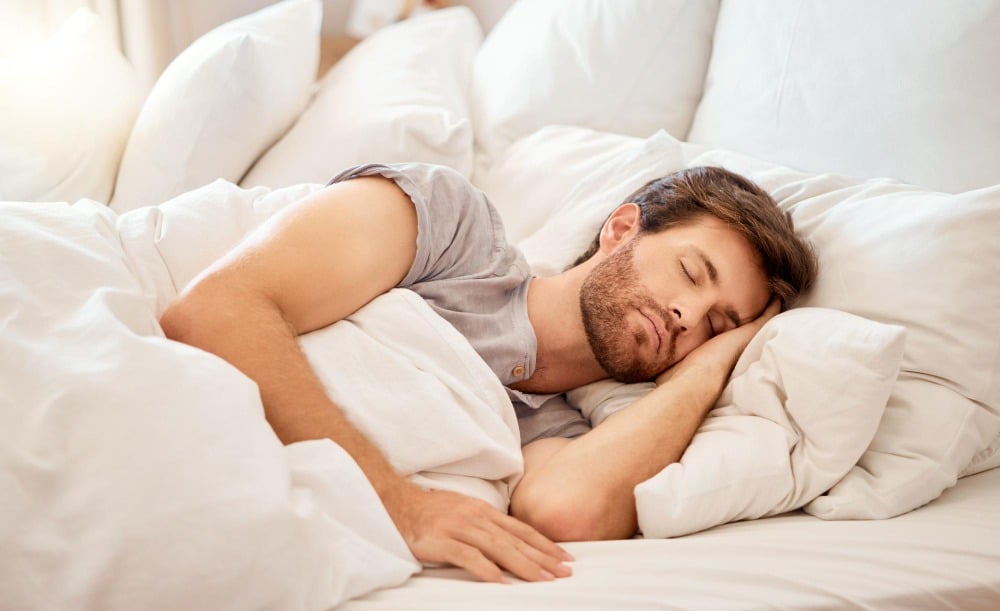Each and every year on Might 28, non-governmental organisations, government agencies, the personal sector, the media, and men and women appear alongside one another to rejoice Menstrual Cleanliness Working day (MH Working day) and highlight the relevance of good menstrual cleanliness administration (MHM). Planet Menstrual Cleanliness Working day 2020 topic is ‘Periods in Pandemic’. The plan guiding selecting this topic is to highlight how the difficulties faced by ladies during menstruation have worsened because of to the ongoing pandemic.
In a tweet, UNICEF claimed, “Periods don’t halt for pandemics — it is every single girl’s proper to deal with her period of time properly and with dignity. #MenstruationMatters #MHDay2020 (sic).”
Periods don’t halt for pandemics – it is every single girl’s proper to deal with her period of time properly and with dignity. #MenstruationMatters #MHDay2020 pic.twitter.com/zgC4aqQ8GI
— UNICEF (@UNICEF) Might 27, 2020
Coronavirus pandemic effect on menstrual overall health and cleanliness
Lockdowns, shut borders, shuttered businesses – the coronavirus pandemic has a considerably-reaching consequences for many folks, together with menstruating ladies.
Below are six facts about intervals in the coronavirus pandemic:
1. Menstrual supplies are critical goods
Economic disruptions can guide to ladies and women dropping accessibility to cleanliness items. These contain sanitary pads and tampons, menstrual cups, reusable napkins, discomfort medication and cleaning soap.
Alternative: Governments ought to make certain these goods be declared critical and continue being out there.
two. Access to menstrual cleanliness items for folks in quarantine
It is hard for individuals in hospitals and in quarantine to attain menstrual cleanliness items, according to Unicef.
Alternative: All those in charge ought to deal with the possible reduction of accessibility by making sure adequate supplies. The healthcare staff require to be properly trained to sensitively meet up with these requires.
three. Wellness employees, as well, require menstrual overall health supplies
All around 70 for each cent of healthcare employees are ladies. To correctly answer to the pandemic, they work long several hours beneath rigorous strain. Not only do they require accessibility to menstrual cleanliness materials, but also the time and the methods to deal with their menstrual overall health. This is especially important for entrance-line overall health employees who use own protective products (PPE). Putting on and eliminating PPE helps prevent the speedy altering of menstrual cleanliness materials, top ladies to bleed into protective suits, suppress menstruation by way of the use of oral contraceptive drugs, or most likely pass up days of work.
4. Poverty will make it harder to accessibility menstrual cleanliness supplies
Folks dwelling in poverty currently encounter obstacles to acquiring menstrual cleanliness supplies and similar overall health products and services. With outlets and general public transport closing, rising prices and escalating financial uncertainty, they are now struggling with even bigger hurdles. Media reviews recommend that ladies are compelled to prioritise foodstuff and h2o to own care goods.
5. Coronavirus threatens the rights and overall health of vulnerable folks who menstruate
Gender inequality, excessive poverty, humanitarian crises and damaging traditions can flip intervals into a time of deprivation and stigma. These vulnerabilities are only escalating beneath the pandemic.
six. Rumours about menstruation
As education and learning and overall health products and services have been disrupted, so has the move of basic information about menstrual overall health and cleanliness.
Alternative: There’s a require for new and imaginative approaches to teach folks about menstruation, to dispel rumours and distribute beneficial, correct information.




More Stories
Why And How To Choose An Accounting Course
Real Estate Accounting – Solution for All Your Accounting Problems
Accounting and Assignment Help